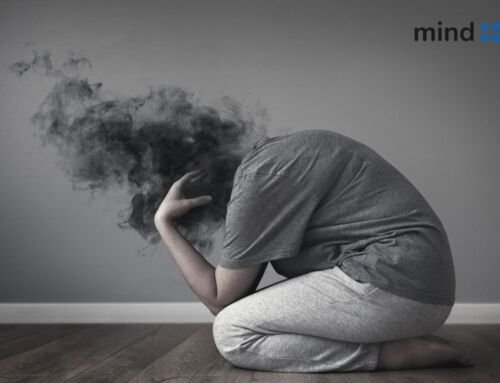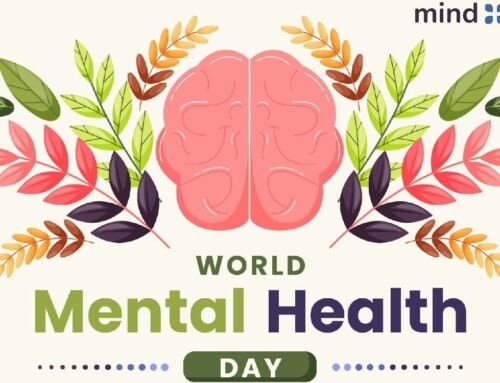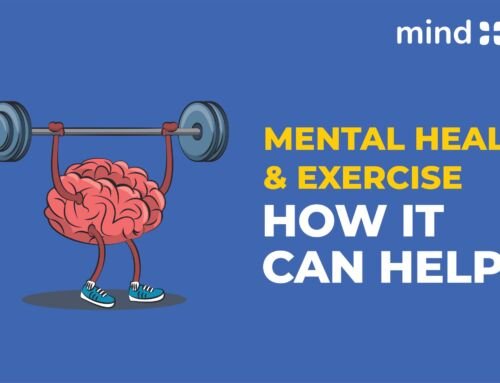Here are the effects of drug abuse.
By Anushka Goswami, Psychologist
The thinking of our world is constantly changing. Yesterday something which was “cool” is now not that interesting anymore. New ways of living are being formed. Old traditions are being challenged and new ones are taking their place. In this time, it brings in itself a lot of good as well as “not-so-good” changes. We come from a generation, where we are at par with the changes going on around us. Most of us do flow along with these changes. But, is it “cool” to flow along with it or sometimes dangerous?
Let’s find out.
One such trend has rapidly taken bloom. Since the twentieth century the use of addictive drugs. Research shows that the most common reasons for millennials to engage in the drug culture are either when there is a family history of addiction. Somewhat like a family culture or if there is peer pressure or the wish to look and feel included. There might be other reasons as well ranging from lack of family, or involvement to any other mental health disorder.
There are various types of addictive drugs, which have gained popularity over the years. Starting from alcohol, cannabis, opioid including heroin, stimulants such as methamphetamines and cocaine, and various others. All these drugs can be categorized into three groups, namely Depressants. This generally slows down the transmission of messages between the brain and the body. This affects the individual’s level of concentration and coordination, lowering their inhibitory level and their ability to respond to what’s going on around them.
Examples of different depressants
Examples of depressants include alcohol, benzodiazepines, ketamine, etc. The second group is the Hallucinogens – which change the person’s sense of reality. The individual’s senses get distorted resulting in a change in the way they see, hear, taste, smell or feel things. Larger doses of these kinds of drugs may cause hallucinations, memory loss, distress, anxiety, paranoia, increased heart rate, and even can make the person go into panic mode. Examples of hallucinogens include cannabis, LSD, etc. The third group is called the Stimulants – which cause the speeding up of the transmission of messages between the brain and the body. The individual might feel more energetic, active and causes an increase in blood pressure. As well as reduce appetite, agitation, and even sleeplessness. Larger doses can result in anxiety, panic, seizures, and even paranoia. Examples include amphetamines (ice), cocaine, nicotine (tobacco), etc.
Drug addiction or drug abuse is a serious mental health condition. Wherein the individual becomes completely dependent on the drug and becomes unable to resist the drug no matter what harm the drug can cause. Drug addiction can happen with any substance such as alcohol, nicotine (cigarettes), or heroin (Chitta). Also opioids (afeem, dode), methamphetamines (ice, snorting), and cannabis (bhang, joints, bong, chillum).

The use of drugs starts primarily as a way of sitting and “chilling” with friends but soon it starts to change into harmful use and then to regular use. Slowly and gradually the dependence starts to form and it wraps itself around the thoughts, emotions, and behavior of the individual. Effects of drug abuse directly on our minds and bodies can lead to short-term and long-term impacts on our health. It can cause significant changes and distress to our everyday life. These impacts can be both mental and physical and can range from mild to severe.
A few of the short-term physical side effects of drug abuse :
Alcohol
- Difficulty in memory and coordination,
- The rise in blood pressure levels,
- Dizziness,
- Nausea or Vomiting,
Methamphetamines
- Increased physical activity,
- Increased or irregular heart rate,
- Increased blood pressure levels and body temperature,
- Decreased appetite.
Heroin and other opioids
- Dry mouth,
- Itching,
- Nausea,
- Vomiting,
- Slowed breathing and heart rate,
Cocaine
- Narrowed blood vessels and enlarged pupils,
- Increased body temperature, heart rate, and blood pressure,
- Erratic and violent behavior,
- Heart attack, stroke, seizures.
Apart from short-term effects, there are many more long-lasting side effects which include heart and lung diseases, and liver inflammatory diseases. Also, a weakened immune system increases the chances of acquiring cancer, and severe dental problems. It also causes increased risks of acquiring HIV and Hepatitis, inadequate nutrition and weight loss, and many other countless others. The effects of drug abuse also have a huge impact on the mental health of people as individuals with long-term use of drugs are more susceptible to various mental health disorders. Such as Depression and other mood disorders, and psychotic disorders which may result in cognitive and behavioral changes and deficits that might continue to stay even after the use of the substance has been stopped.
It is very important to understand the effects of such drugs on our physical and mental health. Also, the way they might impact us and our families. Drug use is not taken seriously and is still a means of enjoyment. Stress buster for the greater part of the population. It’s time we give this issue a deeper thought and try to choose ways of living, that are less dangerous for us and the generation as a whole.





